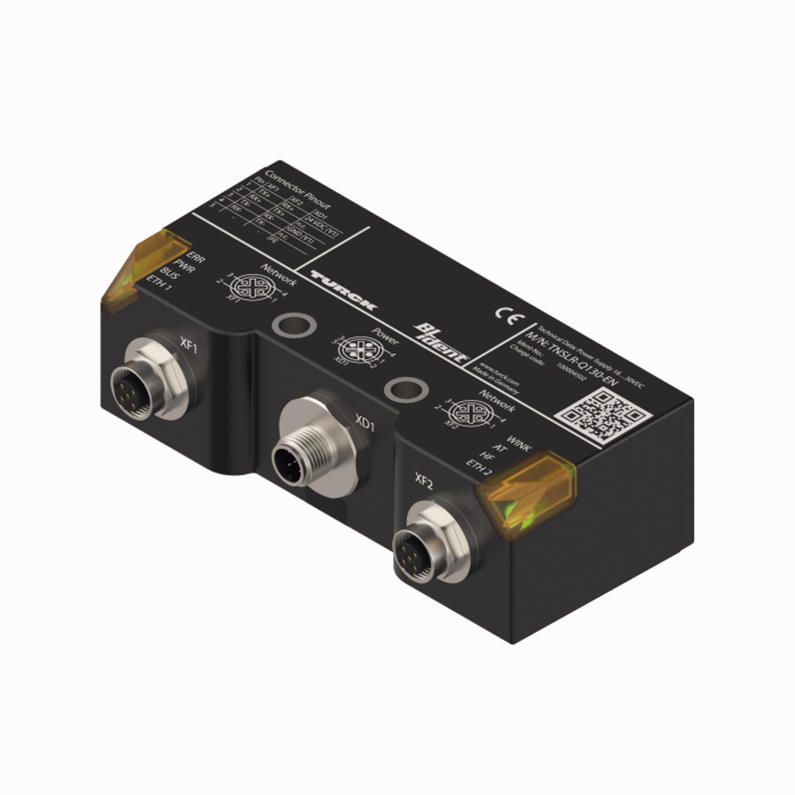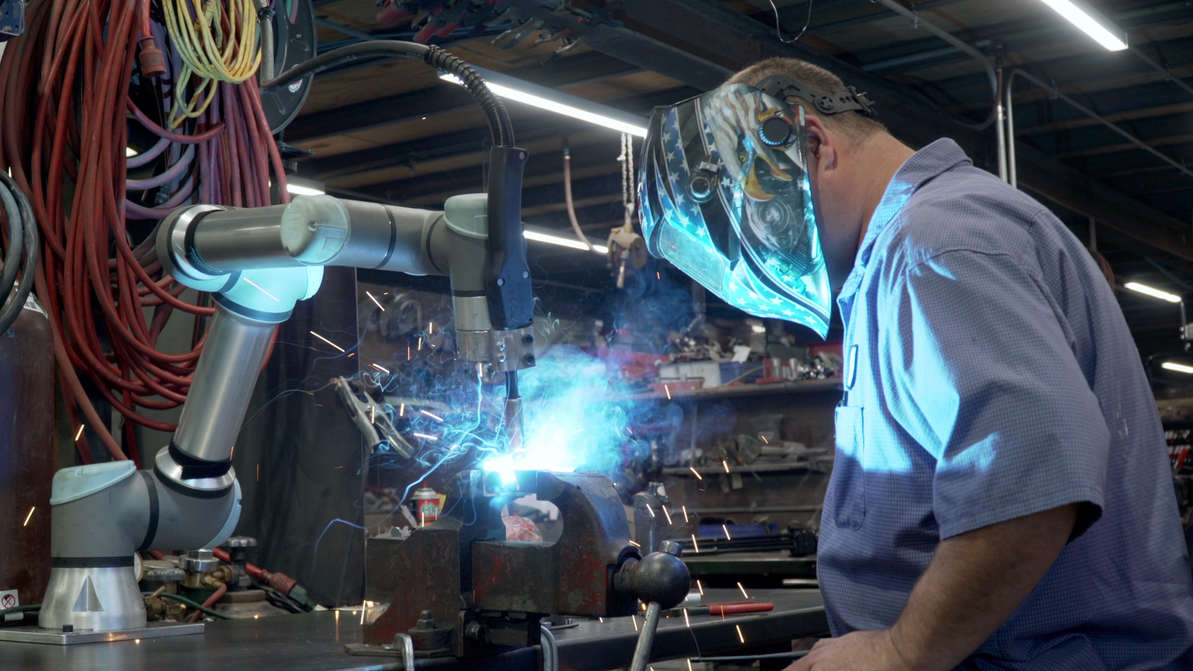Competition Intensifies Need for Collaborative Robots
Thailand is the next country expected to embrace collaborative robots due to increased local competition as well as from nearby countries thanks to the Asean Free Trade Area Agreement.
Many companies see the cobots and as enrichment to their current workforce that relieves employees of repetitive or dangerous tasks and allowing them to advance their skills in other areas. Universal Robots is one provider of collaborative robots (cobots) that is being deployed in industries worldwide, including pharmaceutical, automotive and electronics. The new skills required to maintain and program the robots serves to create new employment roles.
According to Shermine Gotfedsen, general manager for Southeast Asia and Oceania, “As businesses grow and expand, additional manpower will be needed to meet the increased market demand and new product offerings. The use of robotics in business has in fact created many new jobs. Market research shows that robots will create up to two million jobs globally from 2017 to 2020.” The International Federation of Robotics cites Thailand as the eighth largest robotics market, largely due to their import of $47.3 million in industrial robotic equipment in 2016.
Universal Robots cobots are lightweight in comparison to traditional industrial robots, which allows them to be moved easily and adaptable for multiple applications. Nissan Motor Company has recently deployed the UR10 model at its Yokohama facility, along with other well-known manufacturers like BMW and Volkswagen. The automotive industry utilizes collaborative robots in assembly, handling, packaging, painting, labeling and quality control.
The global adoption of collaborative robots in the automotive industry is expected to grow nearly 65% annually through 2021, reaching an estimated $469 million.
Recent Posts
-
Introducing the Turck Q130 HF Read/Write Head: Revolutionizing RFID Data Management
In today's fast-paced industrial landscape, efficiency and accuracy are paramount. The ability to se …Apr 30th 2024 -
Using Scan Tunnels to Track, Sort and Route Warehouse Packages
If you’re using conveyor lines to move products, packages and shipments through your warehouse, the …Apr 17th 2024 -
Embracing Collaboration: How Universal Robots Transformed DeAngelo Marine Exhaust
When the welding robots made their debut at DeAngelo Marine Exhaust, there was a mix of excitem …Apr 11th 2024




